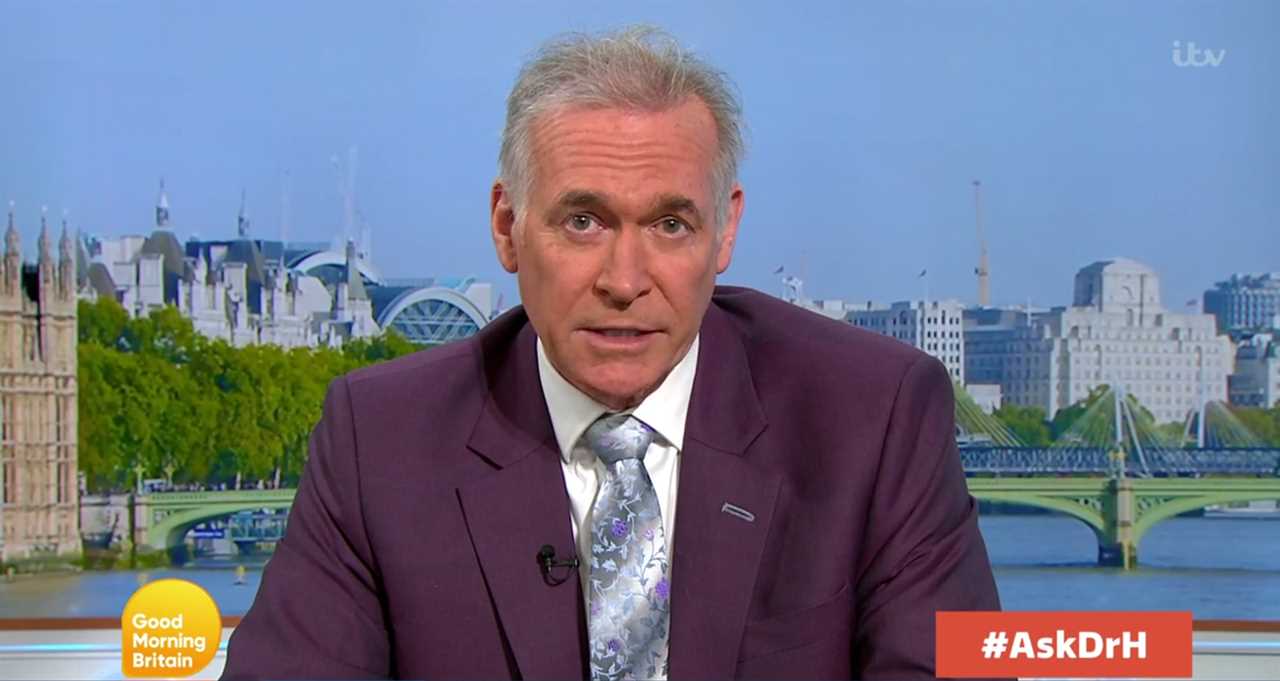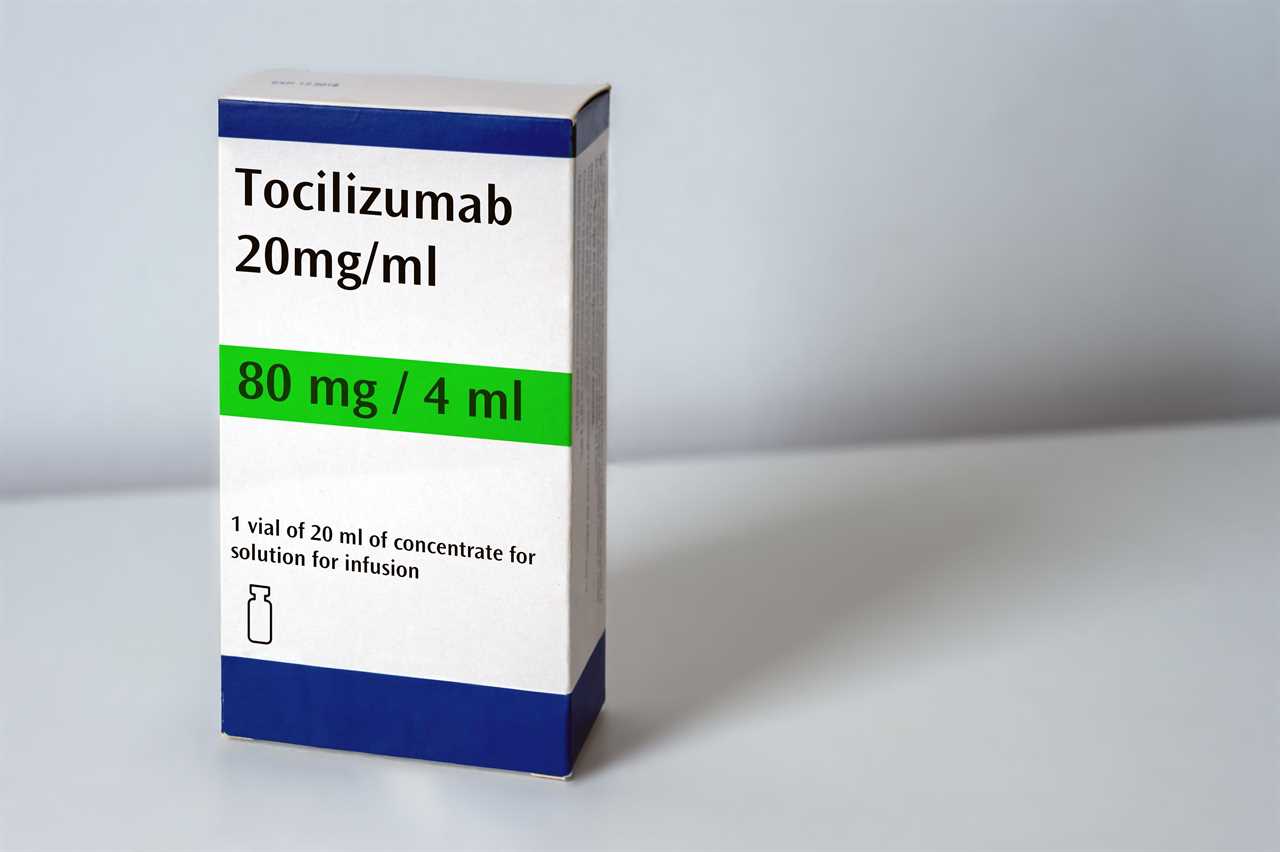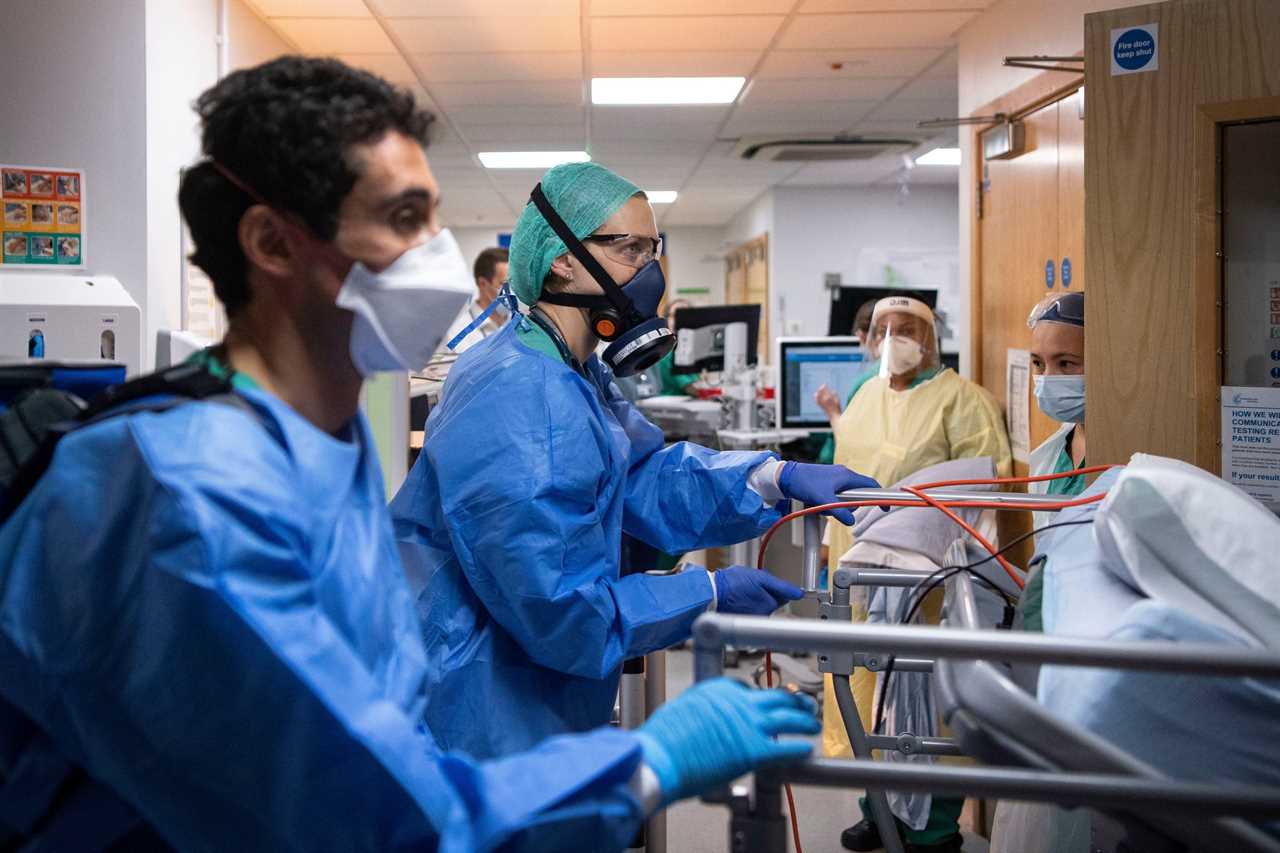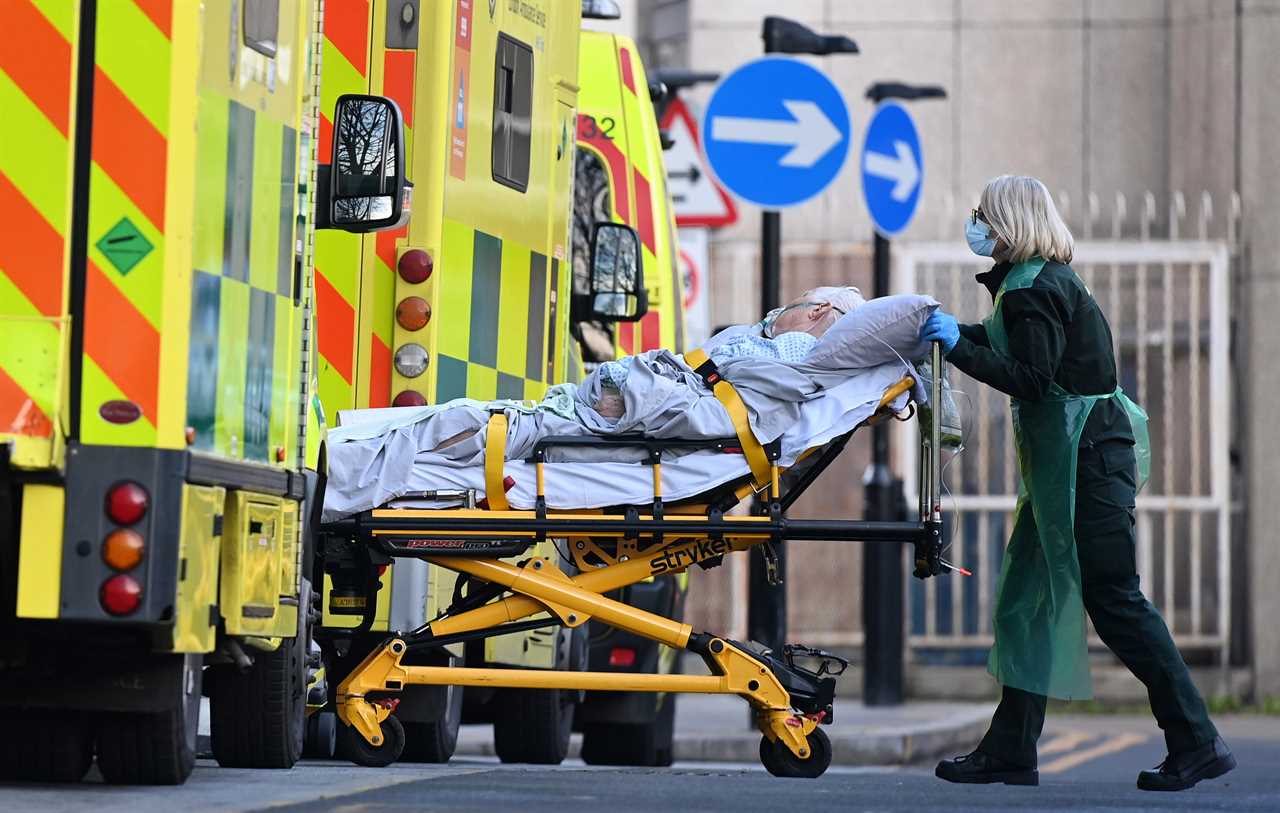DR HILARY Jones has hailed two life-saving arthritis drugs that can slash the risk of death from Covid by nearly a quarter.
The GP said the drugs – tocilizumab and sarilumab – have also been shown to cut the time spent in intensive care by up to 10 days.

Boris Johnson last night announced that Covid patients on intensive care wards will begin receiving the drugs from today after receiving NHS approval.
Speaking on Good Morning Britain today, Dr Hilary said: “These two medications are already being used for patients with rheumatoid arthritis -where you’ve got unwanted inflammation – have shown to be helpful to people who are seriously ill from Covid, in intensive care, who are already on oxygen and steroid therapy, dexamethesone.
“So in those patients, if you treat 12 of them with these medications, tocilizumab and sarilumab – the ‘mab’ being monoclonal antibody type of medication – you save one life for every 12 patients you treat.
“Compare that to statins, which millions of people are on, you’ve got to treat 100 people to save two lives.”
Dr Hilary went on to explain that while these drugs are “keeping people alive”, the death rate is still 28 per cent.
He added: “Whilst it’s very good news, it has to be tempered with reality – this is still a very serious condition.

“All of the medications we’re using for Covid-19 are not treating the virus, they’re keeping people alive.
“Whilst we’ve got less people in the mortuaries we’ve got more people in hospitals right now and ITU beds are completely full in most of London and we have rising number of cases.
“So we still have to be very realistic – we’ve got better treatments, we’ve got vaccination roll outs, we’ve got lockdown, we’ve got new medication and airport testing, all of which can be better but we’re getting there slowly.”
NHS patients will have access to the drugs under updated guidance due to be issued today by the Government and the NHS to Trusts across the UK.
It comes after results from the Government-funded REMAP-CAP clinical trial showed that both drugs reduced the absolute risk of mortality by 8.5 percentage points when administered to patients within a day of entering intensive care alongside a corticosteroid, such as dexamethasone.
Boris Johnson also hailed the breakthrough – but stumbled over the names of the medication at a Downing Street briefing last night.
The PM made a number of attempts at pronouncing the lengthy drug names, but nevertheless seemed delighted at the scientific breakthrough.
He said: “British scientific research has now contributed to the creation of more new life-saving treatments that have just passed rigorous clinical trials.
“In particular, tocilizumab and sarilumab, which have been found to reduce the risk of death in critical ill patients by almost a quarter.
“They cut time spent in intensive care by as much as 10 days.
“These life-saving drugs will be available through the NHS with immediate effect, potentially saving thousands of lives.”
SIGNIFICANT
Professor Anthony Gordon, chair in anaesthesia and critical care at Imperial College London and a consultant in intensive care medicine at Imperial College Healthcare NHS Trust, said: “This is a significant finding which could have immediate implications for the sickest patients with Covid-19.
“We found that among critically ill adult patients – those receiving breathing support in intensive care – treatment with these drugs can improve their chances of survival and recovery.
“At a time when hospitalisations and deaths from Covid-19 are soaring in the UK, it’s crucial we continue to identify effective treatments which can help to turn the tide against this disease.”
The findings, which been submitted to a peer-reviewed journal, are based on an analysis of 803 patients from six countries, 353 of whom had been assigned to tocilizumab and 48 to sarilumab.

The majority of patients were also treated with corticosteroids and were receiving respiratory support.
Hospital mortality was 27.3 per cent among patients receiving tocilizumab or sarilumab, compared with 35.8 per cent of patients in the control group who did not receive the drugs, the researchers said.
Treatment with tocilizumab or sarilumab is thought to cost somewhere between £750 and £1,000 and is administered intravenously either as a one or two dose regime.
Professor Gordon added: “For every 12 patients in intensive care you treat with these drugs, based on the evidence we saw, you would expect to save one life.”
LANDMARK DEVELOPMENT
Health Secretary Matt Hancock said: “The UK has proven time and time again it is at the very forefront of identifying and providing the most promising, innovative treatments for its patients.
“Today’s results are yet another landmark development in finding a way out of this pandemic and, when added to the armoury of vaccines and treatments already being rolled out, will play a significant role in defeating this virus.
“We have worked quickly to ensure this treatment is available to NHS patients without delay, meaning hundreds of lives will be saved.”
Deputy chief medical officer Professor Jonathan Van-Tam said: “This is a significant step forward for increasing survival of patients in intensive care with Covid-19.

“The data shows that tocilizumab, and likely sarilumab, speed up and improve the odds of recovery in intensive care, which is crucial for helping to relieve pressure on intensive care and hospitals and saving lives.”
Tocilizumab and sarilumab have been added to the Government’s export restriction list, the Department of Health and Social Care (DHSC) said.
This will protect supply for UK patients by enforcing regulatory action on those who flout the restrictions, it added.
Commenting on the findings, Peter Horby, professor of Emerging Infectious Diseases, the University of Oxford’s Centre for Tropical Medicine and Global Health, said: “It is great to see a positive result at a time that we really need good news and more tools to fight Covid.
“This is a great achievement for REMAP-CAP – it demonstrates the power of adaptive platform trials.
“Importantly, the findings of a benefit are in addition to corticosteroids, which were taken by 93% of the participants.
“This means we now have two drugs, which combined have a greater effect.”
Professor Stephen Powis, NHS national medical director said: “The fact there is now another drug that can help to reduce mortality for patients with Covid-19 is hugely welcome news and another positive development in the continued fight against the virus.
“This signals how the NHS is working all the time to find new treatments and therapies, but the best advice for individuals is to remember the hands, face, space guidance.”
So far over 3,900 patients in 15 countries have been enrolled at more than 290 hospitals worldwide to the trial which has helped shape of health professionals deliver treatments for the coronavirus.






